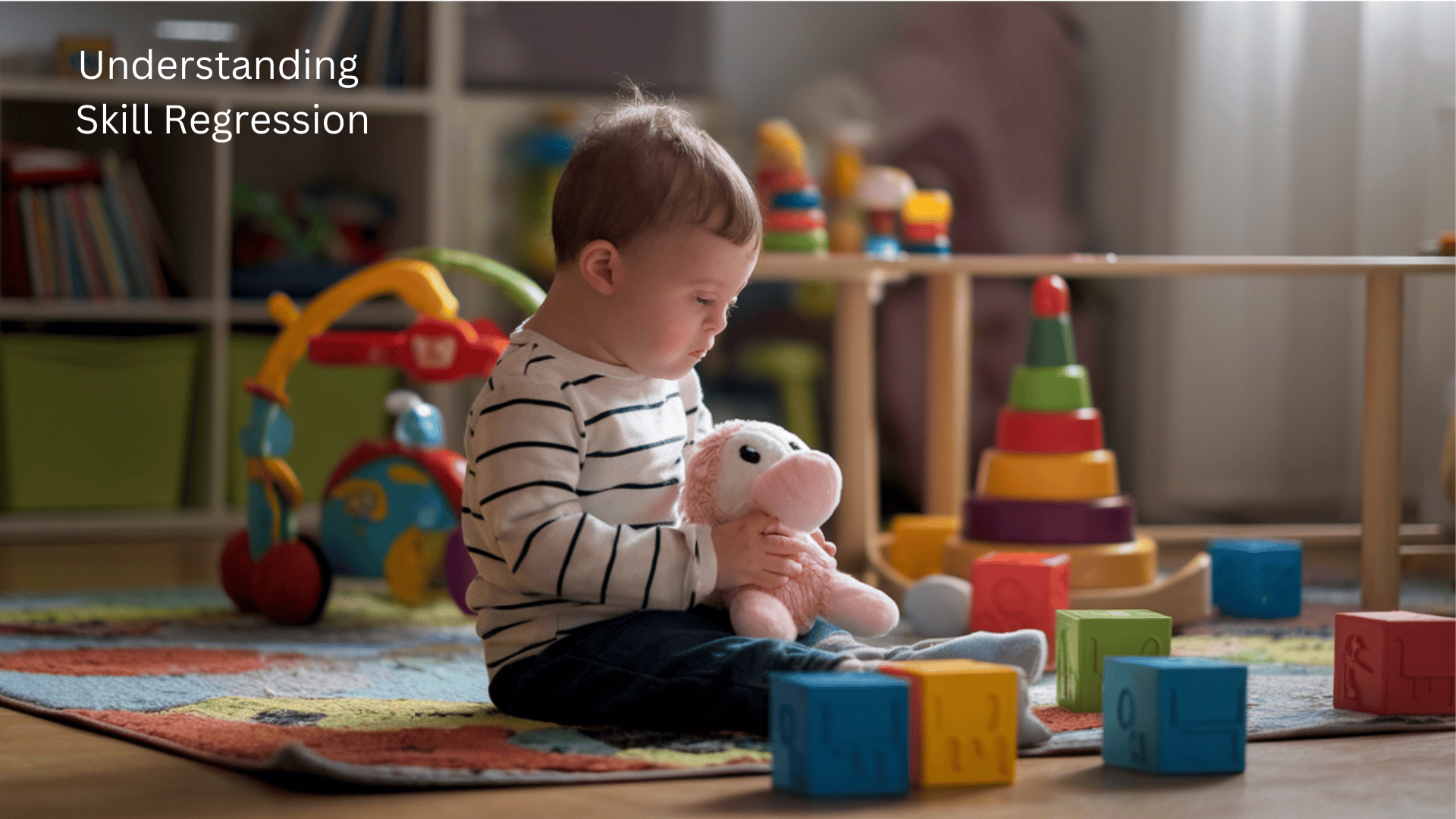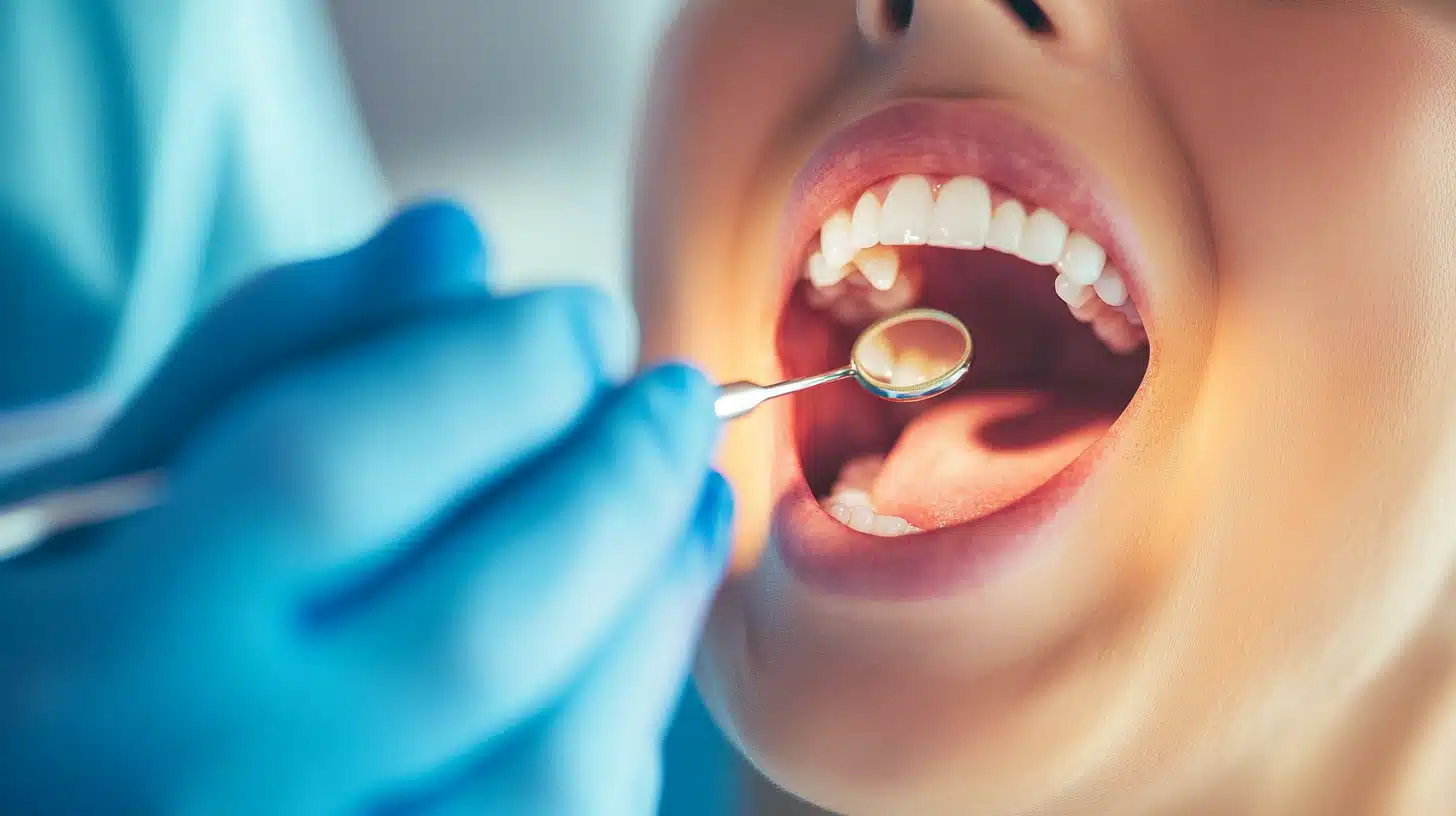
Teen drug abuse remains a pressing concern for parents and communities. Understanding the factors that contribute to this issue is essential for prevention. Active communication and education can significantly help teens choose a drug-free lifestyle.
Peer pressure, stress, and the desire for acceptance often lead teens toward substance use. Providing them with the tools to resist these pressures is crucial. Encouraging healthy friendships and supportive environments can create resilience against drug abuse.
Moreover, equipping teens with knowledge about the effects of drugs fosters informed decision-making. Parents and guardians play a key role in this process, as their involvement can better guide teens through the challenges they face. Building trust and openness in conversations can empower teens to make better choices regarding drugs.
Understanding Teen Drug Abuse
Teen drug abuse is a critical issue that can lead to severe consequences. Factors such as psychological influences and the prevalence of specific substances among adolescents shape this troubling trend.
The Psychology Behind Substance Use
Understanding why teens use drugs involves exploring underlying psychological factors. Many teens experience peer pressure, which can drive them to experiment with substances to fit in or gain approval.
Additionally, curiosity plays a significant role. This age group often seeks new experiences and may not fully grasp the potential risks associated with drug use.
Mental health issues, such as anxiety or depression, can also contribute. Some teens may turn to drugs as a coping mechanism, mistakenly believing it offers relief from emotional pain.
Awareness of these factors can help parents and guardians provide the necessary support and guidance for their teens.
Commonly Abused Substances Among Teens
Several substances are commonly abused by teens, each presenting unique risks. Alcohol is a prevalent choice, often due to its legality and social acceptance. Many teens underestimate its dangers, including impaired judgment and potential addiction.
Marijuana is another widely used substance. While some view it as harmless, regular use during adolescence can impact brain development and lead to long-term cognitive issues.
Prescription drugs, particularly opioids and stimulants, pose significant risks as well. Teens may misuse these medications for recreational purposes or to enhance academic performance.
Understanding the specific substances and their effects is vital for effective prevention and intervention strategies.
Signs and Symptoms of Drug Use in Teens

Identifying drug use in teens involves recognizing behavioral changes and physical symptoms. These indicators can vary but often signal that further attention is needed.
Behavioral Changes and Warning Signs
Teens may display several behavioral changes if they are using drugs. Common signs include:
- Withdrawal from Family and Friends: A noticeable decline in social interactions can indicate substance use.
- Decline in Academic Performance: Drop in grades or lack of interest in school activities may suggest issues.
- Secretive Behavior: If a teen suddenly becomes secretive about activities or whereabouts, it may be a red flag.
- Increased Aggression or Irritability: Mood swings or unusual irritability can be linked to drug use.
Additionally, changes in sleeping patterns, such as insomnia or excessive sleep, could signal substance abuse.
Physical and Health Indicators
Physical signs of drug use can be more apparent and concerning. Key indicators include:
- Changes in Appearance: Unkempt grooming or sudden weight loss can be notable signs.
- Bloodshot Eyes: This may suggest marijuana use or other substances.
- Nasal Issues: Frequent sniffing or a runny nose can indicate cocaine use or other inhalants.
- Unusual Smells: Strong smells of cigarettes, cannabis, or alcohol on clothing or breath can be alarming.
Other health indicators might include a decline in overall health, frequent illness, or unusual fatigue. These symptoms warrant attention and possible intervention.
Risk Factors and Prevention
Understanding the risk factors associated with teen drug abuse is crucial for effective prevention. Certain vulnerabilities can increase the likelihood of substance use, and proactive measures can mitigate these risks.
Identifying Vulnerability in Teens
Several factors can indicate a teen’s susceptibility to drug abuse. These include:
- Family History: A family background of substance abuse can heighten the risk for teens.
- Mental Health Issues: Conditions like depression or anxiety often correlate with higher drug use.
- Peer Influence: Relationships with peers who use drugs can make experimenting with substances more likely.
- Academic Pressure: Teens facing significant academic stress may turn to drugs as a coping mechanism.
Recognizing these vulnerabilities helps parents and guardians intervene early.
Proactive Measures for Prevention
Prevention strategies can effectively shield teens from drug abuse. Key actions include:
- Open Communication: Maintaining an open dialogue about drug use fosters trust and understanding.
- Education: Informing teens about the risks associated with drug use can instill caution and awareness.
- Healthy Activities: Encouraging participation in sports, arts, or community service provides positive outlets for energy and stress.
- Setting Boundaries: Clear rules regarding substance use and consistent monitoring can help reinforce expectations.
Implementing these measures actively engages teens and reduces their likelihood of abusing drugs.
To help your teen avoid drug abuse, maintain open communication, educate them about the risks, and encourage healthy activities. Foster a supportive environment, set clear expectations, and engage in discussions about peer pressure and making positive choices for their future.
Talking to Your Teen About Drugs
Engaging in discussions about drug use with teens is crucial. It sets the foundation for openness and understanding. Here are important strategies for having this conversation effectively.
Approaching the Conversation
Initiating a dialogue about drugs can feel daunting. Start with a calm and non-judgmental tone. Choose a comfortable setting where the teen feels safe to express thoughts. Use open-ended questions to encourage discussion. For example, ask, “What do you think about drugs?”
Share facts about drug abuse, including health risks and legal implications. Avoid using scare tactics; focus instead on real consequences. It’s beneficial to present information clearly and factually, fostering an informative exchange rather than a lecture.
Listen actively to the teen’s responses. This demonstrates respect and encourages further dialogue.
Building Trust and Communication
Building trust is essential for effective communication. It allows the teen to feel secure in sharing their experiences. Consistent, open dialogue helps develop this trust over time.
Establish a routine for check-ins, whether daily or weekly. Make it clear that they can speak freely about any topic without fear of immediate consequences. Establishing this environment can prevent issues before they arise.
Encourage the teen to express their feelings and concerns about peer pressure or substance use. This not only fosters confidence but also reaffirms their value in the relationship. Regular conversations can greatly reduce the likelihood of drug experimentation, helping them make informed choices.
Intervention Strategies
Intervening promptly and effectively can significantly influence a teen’s relationship with drugs. Understanding when and how to take action is crucial for fostering a supportive environment.
When to Intervene
Signs that a teen may need intervention include noticeable changes in behavior, academic performance, and social circles.
Indicators such as:
- Deteriorating grades: A sudden drop in school performance may signal drug use.
- Isolation: Withdrawing from family and friends can indicate issues.
- Legal troubles: Encounters with law enforcement linked to drug-related crimes necessitate immediate attention.
If parents or guardians discern these signs, they should act swiftly. Ignoring potential problems can lead to escalation, making intervention more difficult later.
How to Intervene Effectively
Effective intervention requires a careful and compassionate approach. Here are key strategies:
- Open Communication: Engage in honest conversations about drug use. Use “I” statements to express concerns without sounding accusatory.
- Trust Building: Strengthen the relationship by being supportive. Teens are more likely to open up when they feel safe.
- Seek Professional Help: In instances of severe drug issues, contacting a counselor or addiction specialist is advised.
- Establish Boundaries: Set clear expectations and consequences related to drug use to help guide behavior.
- Educate on Risks: Discuss the risks associated with drug use, including physical, mental, and legal consequences.
Taking proactive, informed actions can help guide teens away from drug abuse.
Treatment and Rehabilitation Options
Addressing teen drug abuse requires a comprehensive approach that includes various treatment and rehabilitation options. Understanding these options can help parents navigate the recovery process effectively.
Types of Treatment Programs
There are several types of treatment programs designed to meet the specific needs of teens. Common options include:
- Inpatient Rehabilitation: Offers a structured environment where teens receive 24-hour care. This can be crucial for those with severe addiction issues.
- Outpatient Programs: These allow teens to attend treatment sessions while living at home. This flexibility can help maintain family connections and daily routines.
- Counseling and Therapy: Individual, group, or family therapy can address the underlying issues related to substance abuse. Behavioral therapies, such as Cognitive Behavioral Therapy (CBT), are often effective.
- Support Groups: Programs like Alcoholics Anonymous (AA) or Narcotics Anonymous (NA) provide a communal experience that fosters shared experiences and sobriety.
Supporting Your Teen Through Recovery
Support is vital for a teen’s recovery journey. Parents can play a critical role by:
- Maintaining Open Communication: Encourage honest discussions about feelings, challenges, and progress. This fosters trust and understanding.
- Setting Clear Boundaries: Establishing rules and expectations helps create a stable environment. Consistency is key to reinforcing positive behavior.
- Encouraging Healthy Activities: Engaging in sports, hobbies, or volunteer work can promote self-esteem and distract from cravings. Physical activity and social interaction are crucial for recovery.
- Educating Themselves: Understanding the challenges of drug addiction and treatment can help parents navigate their teen’s recovery process more effectively.
A proactive and supportive approach can significantly impact a teen’s success in overcoming substance abuse.
The Role of Education in Mitigating Drug Abuse
Education serves as a crucial tool in preventing drug abuse among teenagers. By providing knowledge and fostering a supportive environment, educational initiatives can effectively reduce the likelihood of substance misuse.
Drug Awareness and Education Programs
Drug awareness and education programs educate teens about the risks of substance abuse. These programs often include interactive workshops, seminars, and presentations that engage students and encourage open discussions.
Essential topics often covered include:
- Effects of drugs: Understanding how various substances affect the body and mind.
- Peer pressure: Strategies for resisting influences from peers.
- Decision-making skills: Learning to make informed choices regarding drug use.
Schools may implement curriculum designed to illustrate real-life consequences of drug abuse. By using relatable examples and testimonials, these programs help teens connect emotionally, making the information more impactful.
The Importance of School and Community Efforts
Collaboration between schools and communities enhances the effectiveness of drug prevention efforts. Schools can partner with local organizations to provide additional resources and support.
Community involvement can take various forms:
- Parent workshops: Educating caregivers about recognizing drug-related signs.
- Youth mentoring programs: Establishing positive role models for adolescents.
- Community events: Offering recreational activities that promote healthy lifestyles.
By leveraging local resources, schools can create a comprehensive support system that addresses the multifaceted nature of drug abuse. This unified approach encourages teens to engage in activities that foster resilience against drug misuse.
Legal Implications of Teen Drug Use
Teen drug use can lead to significant legal consequences impacting the lives of young individuals and their families. Understanding these implications is crucial for prevention and intervention efforts.
Understanding the Legal Consequences
The legal consequences of teen drug use can vary by state and the specific substance involved. Common issues include arrests for drug possession, which can result in fines, community service, or even jail time.
In many jurisdictions, families might face additional penalties or legal responsibilities if their teen is caught using drugs.
Some teens may encounter Drug-related Crimes, including distribution or manufacturing. Engaging in these activities carries heavier penalties, often leading to a criminal record that can follow them into adulthood.
Additional ramifications could involve court-ordered rehabilitation or participation in drug education programs, which are designed to discourage future use.
Navigating Legal Issues with a Professional
When a teen faces legal challenges related to drug use, consulting an attorney experienced in drug crimes, such as an Amarillo Drug Crimes Lawyer, is essential.
A knowledgeable lawyer can help navigate the complexities of the legal system, aiming for the best possible outcomes. They can provide guidance on plea options or alternatives to prosecution, which may include diversion programs.
It’s important for parents to stay informed and involved throughout legal proceedings. Engaging a professional can significantly influence a teen’s path forward, helping them avoid a lasting legal record that could affect future opportunities.
Understanding and addressing these legal aspects can empower families to take proactive steps in prevention and support.
Support Resources for Families
Families can benefit from various resources to help prevent teen drug abuse. Accessing community support and professional counseling can provide essential tools for parents and their children.
Finding Community Support and Counseling
Connecting with local organizations can be invaluable. Many communities offer support groups specifically for families dealing with substance abuse issues.
- Community Centers: These often provide educational programs, workshops, and counseling sessions.
- Support Groups: Groups like Al-Anon or Nar-Anon offer peer support for families struggling with a loved one’s addiction.
Finding a qualified counselor who specializes in adolescent behavior can also make a significant difference. They provide a safe space for teens to discuss their feelings and challenges. Building a supportive network can enhance a family’s ability to address issues together.
Online Resources and Help Lines
The internet offers numerous resources for families seeking assistance. Many reputable organizations provide online information and support for dealing with teen drug abuse.
- SAMHSA National Helpline: A free, confidential service available 24/7 for information on treatment options.
- Partnership to End Addiction: This website offers resources, guides on communication, and tips for families.
Additionally, many online forums and chats connect families facing similar challenges. These platforms allow sharing experiences and advice in a supportive environment. Utilizing these resources can empower families with knowledge and support.
Relapse Prevention and Long-Term Sobriety
Maintaining sobriety requires intentional lifestyle changes and a commitment to employing effective coping strategies. Recognizing the importance of vigilance in recovery plays a crucial role in preventing relapse.
Lifestyle Changes and Coping Mechanisms
Creating a supportive environment is vital for long-term sobriety. Teens should engage in healthy activities such as sports, hobbies, or volunteering. These activities promote self-esteem and provide positive outlets for energy.
Developing a routine can also help structure daily life. A well-planned schedule reduces idle time, which may lead to temptation. Teens should include regular physical activity, adequate sleep, and balanced nutrition in their daily habits.
Coping mechanisms like mindfulness, meditation, and journaling can support emotional well-being. These techniques promote self-awareness and help manage stress, reducing the likelihood of relapse triggers.
Staying Vigilant and Committed to Recovery
Awareness of personal triggers is crucial for preventing relapse. Teens should identify situations, environments, or individuals that may pose a risk. Creating a plan for avoiding or managing these triggers can strengthen their resolve.
Building a support network is another key component. Friends, family, and counselors can provide encouragement and accountability. Regular check-ins with a trusted mentor or therapist can reinforce commitment and facilitate open discussions about challenges.
Regular attendance at support groups, such as Alcoholics Anonymous or Narcotics Anonymous, offers ongoing guidance and relatability. Sharing experiences with others facing similar struggles fosters a sense of community and belonging, essential for maintaining sobriety.















